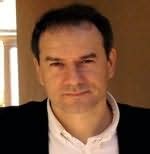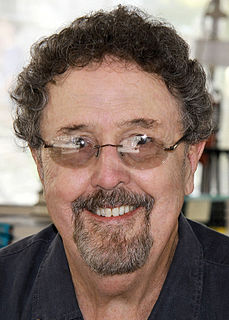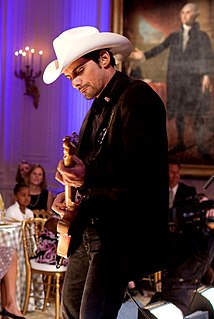A Quote by Vito Acconci
Yes, the fear of its blankness. At the same time, I kind of loved it. Mallarmé was trying to make the page a blank page. But if you're going to make the page a blank page, it's not just the absence of something, it has to become something else. It has to be material, it has to be this thing. I wanted to turn a page into a thing.
Related Quotes
The enemy is not the badly written page; it is the empty page the great advantage of a badly written page is that it can be rewritten. It can be improved. A blank page is zero. In fact, it’s worse than zero, because it represents territory you’re afraid, unwilling, or too lazy to explore. Avoid exploring this territory long enough, and you’ll abandon your book.
When you're reading a newspaper and you're seeing ads on the page, it's not kind of invasive. Like, it's on the page next to the article. You can look at it or not. You can turn the page when you're ready. On the internet, the ads - many of the ads - just are so controlling. They insist that you see them.
A book is something that young readers can experience on their own time. They decide when to turn the page. They'll put their arm right on the page so you can't turn it because they're not ready to go to the next page yet. They just want to look at it again, or they want to read the book over and over because they really enjoy setting the pace themselves.








































